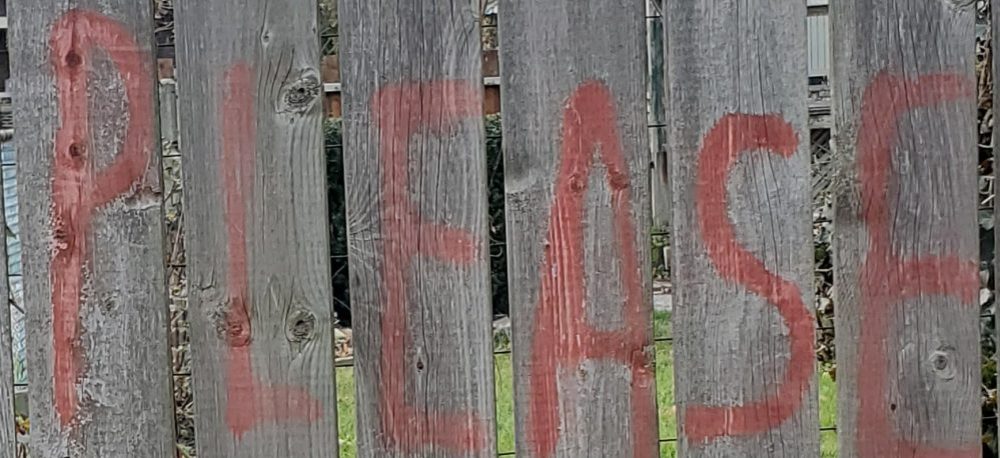A paradox:
I float on the waves
that grind the mountains to stone,
the stone to sand,
the sand to sea.
Across the bay, the headlands
a dot-dash-dot
of rock-water-rock,
presence and absence.
Above, a Turner sky,
grey and silent and stern
hangs heavy
until the wind unravels its thickness
into tendrils and vaporous whisps.
The sun sets in clear skies.
Everything changes,
bit by bit,
stone to sand,
summer green to autumn red
to winter brown.
Harvest comes with a tinge of sadness
and the fly’s brief season
tempts your pity.
But the dying plant yields fruit
and the fly is born knowing its fate.
It buzzes happily
even as it feels the hint of frosts
in the night winds
that sing the close of its season.
There are no Platonic solids in nature;
beauty violates the Idea:
it is born malformed,
accidental,
material,
and oh so brief.
Eternity is no-thing
the Singularity
is not near,
or nearer,
but Now.
It is in the windblown shore grass,
the gull’s jarring screech and the plover’s skittish hop.
It is in the bright eyed kids’ first encounter with the surf
and their grandparent’s tired bones.
It is you and me and everything that lives,
ephemeral and never to come back.
There are no revenants,
no transcendence, no tunnels of light;
nothing is restored that has been lost.
Even the beat of the waves breaking on shore is not eternal.
Listen closer, it varies even now,
and by night will be as silent as the grave.
If I still had hair
it would have been bleached sun-kissed golden
by these sea-side walking meditations.
But everything changes
bit by bit,
one comes, another goes,
mountain, sand, stone and sea,
blossom, fruit, and desiccated stock,
birth and death,
everything changes,
bit by bit
and if I were more discerning
and honest
I would say what is easy to think:
there are no shoulds or oughts,
one comes, another goes,
flies and plants,
people and waves
stone and sea,
and that is how it is.

Jeff, I am really impressed how you move every now and then to poetry to express your thoughts. On the first few occasions I came across a poem on your blog, I would read with through with some impatience, expecting more of your standard philosophical or political or social insight via the medium of prose.
In this particular instance (‘White Point’), I took the time to read through slowly and carefully – and have been well rewarded for doing so.
I don’t recall if you’ve written anything at length about the medium of poetry, which poets have been most impactful for you, its importance to you etc.
Any attempt at comparison is likely to be misguided but there’s a keenness of insight and fresh honesty about the natural world here that reminds me of the best William Carlos Williams (a real hero of mine). Maybe totally off-base, but this poem really resonates with me.
This is very good and thoughtful work, and I appreciate your sharing it. Somehow humbling and ennobling at the same time.
Hi Nathan. Thank you so much for the kind and supportive words. These poems are very much ‘philosophy by other means’– I don’t have an ear for the music of language that the best poets have, but I enjoy occasionally exploring the deepest of philosophic problems– life, death, purpose, meaning- in a more allusive and evocative language. Most of my work is in social philosophy, but it was existentialism that first drew my philosophical interests. (I find my work returning to those interests now– I must be getting older and closet to death!). I am glad that my readers indulge me. I read as much literature and poetry as I can–it opens my mind and lets ideas arise (as does walking by myself and letting the mind wander). My tastes in poetry run towards poets rich with philosophical content and aesthetic simplicity (as opposed to formalistic experimentation)– some of Goethe’s poetry, Rilke, Leopardi, Brecht’s poems, Philip Larkin, some of Robert Frost, Wallace Stevens, Adrian Rich, Jorrie Graham. (I have never read Williams, but he is on the list). I wrote this one while visiting Cape Breton with my partner (she grew up there). White Point is near the northern tip of the island. I have lost a lot of people close to me over the past few years, so I was thinking about those losses in the context of the rhythm of comings and goings that structure the natural world (you can hear traces of Hegel’s dialectic of Life at the beginning of Chapter Four of the Phenomenology, and also Wallace Steven’s “Sunday Morning” (“Death is the mother of beauty….). I have no pretensions to being a poet, but sometimes my ideas will form around an experience or image that wants to be explored and explicated in a language other than argument and evidence.